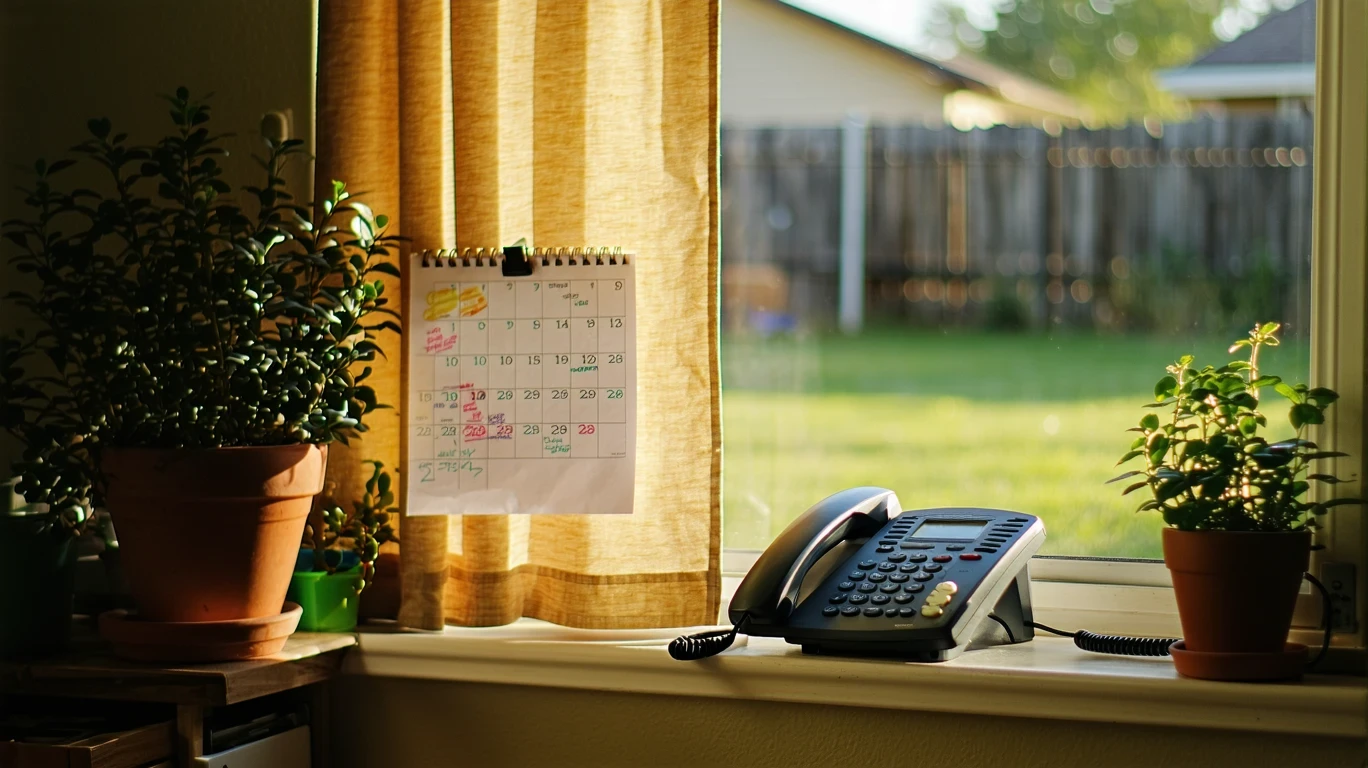How far does $4,000 per month actually go in Universal City, TX? The answer may surprise you. In Universal City, housing and electricity often make up more than 55% of a household’s budget. Depending on your lifestyle, your monthly budget in Universal City can look very different. Here are some typical examples to help new movers and current residents estimate their monthly expenses based on common situations.

What Real Budgets Look Like in Universal City
Let’s take a look at monthly spending for three typical Universal City residents:
| Expense | Jasmine (Single renter, $3,000/mo) | Sam & Elena (Couple renting, $7,000/mo) | The Ortiz Family (Homeowners, $9,500/mo) |
|---|---|---|---|
| Rent/Mortgage | $1,100 | $1,800 | $2,200 |
| Utilities | $180 | $280 | $450 |
| Food | $400 | $800 | $1,200 |
| Transportation | $120 | $500 | $800 |
| HOA/Fees | $0 | $150 | $350 |
| Miscellaneous | $400 | $1,000 | $1,500 |
| Savings | $800 | $2,470 | $3,000 |
| Total | $3,000 | $7,000 | $9,500 |
These estimates reflect common lifestyle costs in Universal City. All income figures are gross monthly income (pre-tax).
As you can see, housing takes the biggest chunk out of most budgets, whether renting or owning. For Jasmine, a single renter earning $3,000 per month, nearly 37% of her income goes to rent alone. The Ortiz family, who own their home, still spend about 23% of their $9,500 monthly income on their mortgage payment.
Food is the next largest expense category. A single person like Jasmine budgets around $400 per month for groceries and dining out, while a family of four like the Ortizes spend closer to $1,200 on their monthly grocery bill in Universal City. Transportation costs also vary widely based on whether you drive or take public transit in Universal City.
Biggest Cost Drivers
What causes budgets to balloon in Universal City? A few key factors drive up monthly expenses for many households:
- Seasonal A/C or heating: In Universal City, the cost of utilities can rise substantially in summer due to air conditioning use. Expect to budget more for electricity in July and August.
- HOA fees: Many neighborhoods, especially newer developments, have monthly homeowners association fees that can add $200-500+ to housing costs.
- Commute costs: Residents who work in San Antonio and commute by car spend more on gas and vehicle wear-and-tear. Carpooling or taking the bus can help offset transportation expenses.
- Rising rent: As Universal City grows, many renters face annual rent hikes when their lease is up. Moving further from the city center may be necessary to keep housing costs manageable.
Tips to Stretch Your Budget Further
While Universal City living costs are lower than many major metros, there are still plenty of ways to save on monthly expenses:
- Shop discount grocery stores like ALDI or Walmart Neighborhood Market for pantry staples.
- Take advantage of off-peak electricity billing from SRP to lower summer A/C costs.
- Install solar screens, blackout curtains, or shade trees to reduce cooling needs.
- Use VIA Metropolitan Transit instead of driving everywhere to save on gas and parking.
🏆 Pro Tip: Check for utility rebates and incentive programs in Universal City to offset costs for energy-efficient A/C units, weatherization, and other upgrades that can lower your bills.
FAQs About Monthly Budgets in Universal City
Q: Can you live in Universal City on $3,000 per month?
A: Yes, $3,000 per month is doable for a single person in Universal City who is careful with spending. Expect to pay at least $1,000 in rent for a 1 bedroom apartment, leaving $2,000 for all other expenses. Sticking to a tight budget is key.
Q: What’s a realistic rent budget for Universal City?
A: In neighborhoods like Downtown Universal City, rent might exceed $2,000 per month for a 1BR apartment. Further out from the city center, you can find 2BR units starting around $1,500. Most renters should budget a minimum of $1,200 for a decent place.
Q: What’s a good budget for $4,000 per month in Universal City?
A: Earning $4,000 per month provides some breathing room. You could allocate $1,500 for rent, $500 for car payment and gas, $500 for groceries, $300 for utilities, $200 for insurance/medical, $500 for fun, and still have $500 left to save or pay off debt.
Planning Your Next Step
How does your current spending compare to these Universal City budget examples? Taking a close look at each expense category can help you identify areas to cut back or reallocate funds to match your financial goals.
If Universal City’s cost of living exceeds your means, consider exploring budget breakdowns for nearby cities like Live Oak or Schertz to see if they may be a better fit. No matter your income level, proactive budgeting is key to making the most of your money in Universal City and beyond.
